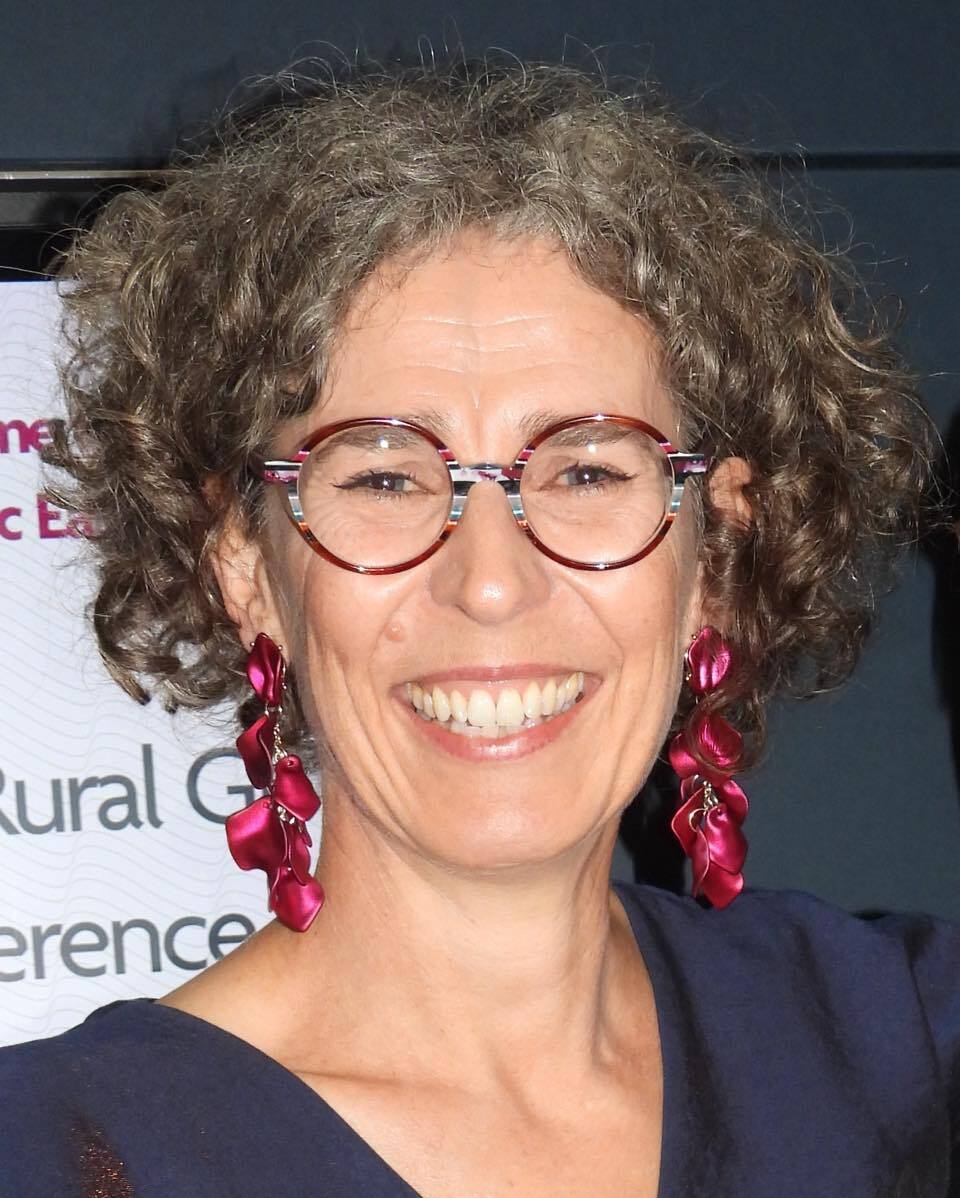Minns plan to bring locum doctors in-house
River McCrossen
14 June 2024, 9:20 PM
 Locums, or outreaching medical staff
Locums, or outreaching medical staffThe NSW government will look into establishing a public locum agency to cut the cost of outsourcing medical professionals for the regions.
Locums are medical personnel brought in to cover temporary workforce shortages, often through staff hire agencies.
The government spent $37 million in 2022-23 on agency commissions for locum doctors, up $20 million from 2020-21.
That's why Minister for Health, Ryan Park, said 11 June that the government will put $6.3 million in the 2024-25 budget towards a feasibility study of a 'NSW Health Locum Agency,' including how much money it could save.
“Locums and other contingent workforce are important features of our health system to enable it to remain agile, and to scale up and down as needed," Mr Park said in a press release.
“But I’ve always said that I am determined to see more of our health spending flow directly to our clinicians, and I think that’s a very reasonable community expectation.
“The Government is focusing on strategies to address the growing cost of this service, and the proposed internal agency will help to lower external fees across the state."
GP and Rural Doctors' Association NSW President, Dr Rachel Christmas, said the move was a step in the right direction.
"The government is spending an inordinate amount of money on locum cover to keep hospitals running throughout the state," Dr Christmas said.
"That's very market dependent, and so we can find that costs blow out the closer you get to needing a doctor to go somewhere, and there's nothing regulating this. Locum agencies can charge what they like.
"Locums are important. We can't ignore them as a part of the workforce in NSW. At their best, locums are providing GP VMOs (Visiting Medical Officers) out in country areas with relief for staff to be able to take leave, to go and do upskilling, things like that. That's what the best intention is.
"Unfortunately, locums are becoming more and more permanent arraignments, just because we can't get resident doctors in towns."

Dr Rachel Christmas is a GP based in the south-western NSW town of Temona. PHOTO: supplied
VMOs are private practitioners who are contracted to provide medical services in public hospitals.
Dr Christmas said the government should also weigh up state-wide credentialing for locum doctors.
"That way they don't have to keep submitting their evidence of their qualifications, their skills, their references, every time they go to a new health district."
The announcement came just seven days before the government will deliver it's 2024/25 budget on 18 June.
Chief Executive Officer of the National Rural Health Alliance, Susi Tegen, said while she welcomed a public agency, it's a short-term solution to shrinking rural medical workforces.
"There needs to be a national compact between the state and federal government to actually look at all the different aspects for why the market fails in terms of health and medical and allied health and psychology delivery," Ms Tegan said.
"Part of that is the fact that the people on the ground are not looked after well enough."
Ms Tegan said expectations that rural practitioners bulk bill have made it harder for them to operate in the bush.
"Why should they only make ends meet? Why is it not ok that they actually make a profit so they can add to their business and they can grow their business?" Ms Tegen said.
"We don't go to a butcher and go 'you're charging me this for the meat, but it actually only costs you this much so you can just charge us less than that.'
"I understand the financial pressure that communities are under, but the cost of delivery and care in rural Australia is much higher than it is in an urban centre, purely because of the population health need, the tyranny of distance and the fact that a lot of the time you don't have all the other people to refer to that you would in a city."
Ms Tegan said more rural students need to be recruited into healthcare to ease shortages.
"People that have gone to primary school and secondary school in rural Australia and then they are educated in a rural university that either does medicine or one of the other healthcare professions, we know that they're seven times more likely to go rural," Ms Tegan said.



